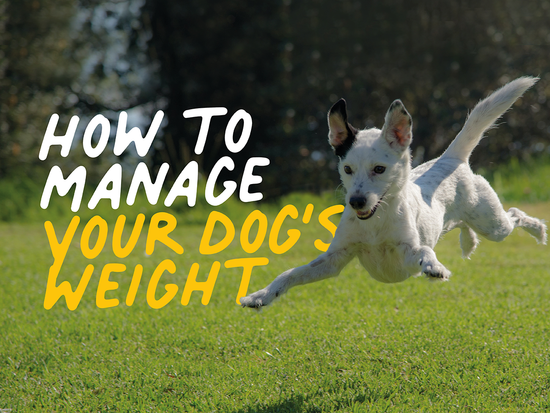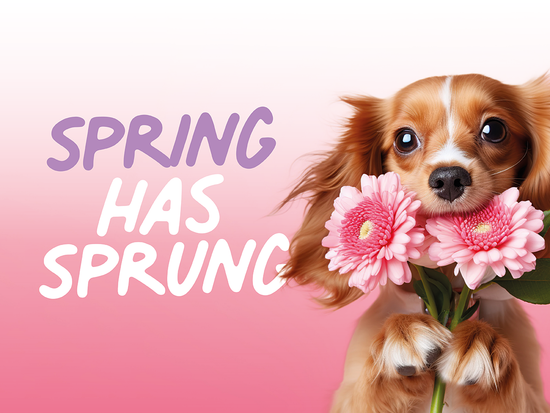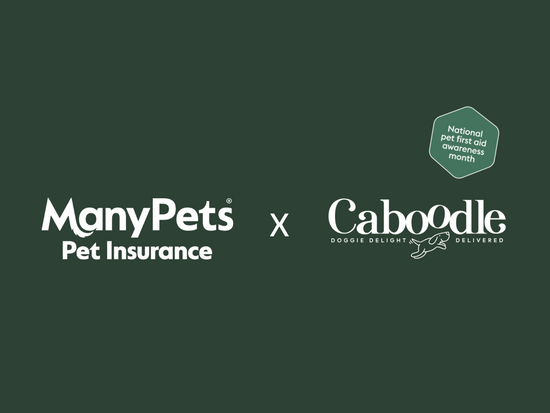How to make sure your dog stays calm and happy when apart from you.
They say it takes a village to raise a child. At Caboodle we feel the same way about our dogs. Knowing that your dog is safe, and not stressed when you're not around is vital to your dog’s well-being and your peace of mind.
Whether it's a family member, friend or professional, choosing to leave your dog with someone else, even for a short period of time can be a big decision. Before agreeing to let others care for your dog in your absence, here are the things we recommend discussing with them:
- If your dog will be in a family setting, is this appropriate for your dog? e.g. Are there young children your dog may not be used to? Or small items like toys on the floor your dog may accidentally swallow?
- Is the garden secure?
- If in an office, is your dog well behaved enough to be in this environment?
- Will there be other dogs and has your dog met and socialised with them?
If your dog is used to a routine for their walks and pee breaks, make sure that the person caring for them is aware of this and able to stick to it as much as possible.
Share your vet’s contact details as well as all basic information an emergency vet may need such as date of birth, breed etc.
If you decide to use a professional dog sitter make sure you have checked out the following:
- What training have they had? All dog walkers and sitters should be canine first aid trained, and have a first aid kit available when out and about. They should have safe transportation with access to water for each dog, especially if there are multiple dogs in one vehicle.
- They should have insurance. For professional dog walkers, they should have third-party liability insurance, which depending on the agreement you have with them, may need to cover emergency vet fees.
- They should provide current references. To ensure peace of mind, always contact the references provided and ask as many questions as you want, when it comes to your dog you can never be too careful!




